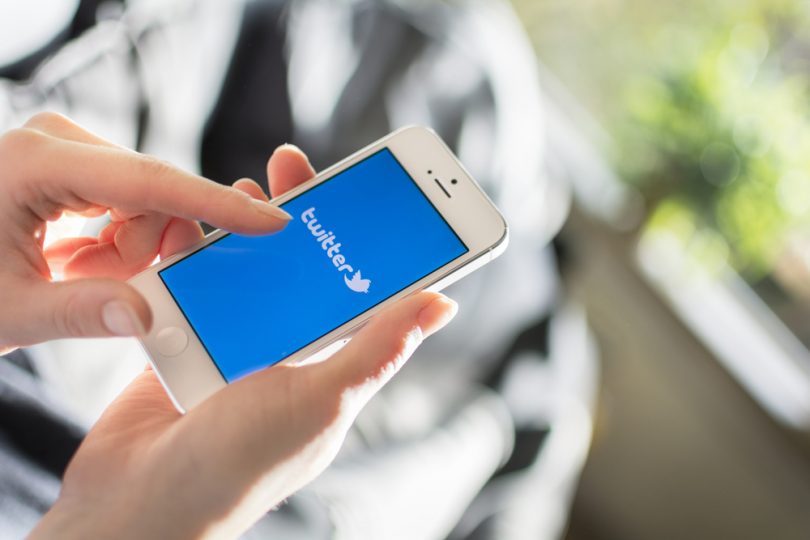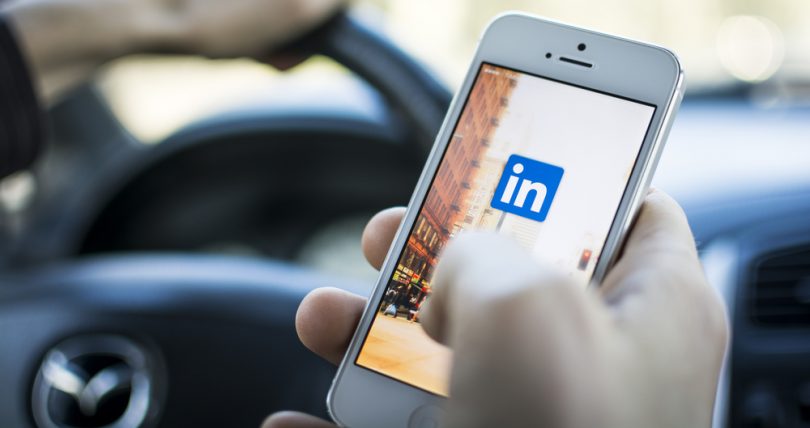Organising a conference is a big job for any events planner, and putting together a well-thought-out event marketing plan is a powerful tool when it comes to ensuring success.
After all, you want those tickets to sell out fast, and you need to build up an effective and lasting buzz around your event in order to make sure that on the day, your venue is packed out with excited, engaged attendees.
Your event marketing plan is going to have to cover a lot of ground in order to achieve those results and ticket sales. The internet has been nothing short of a godsend in this regard – social media platforms, networking sites and blogs will help push your event to the top of Google searches, and will help you get your message out to your target audience.
Moreover, you need to build up that sense of anticipation by offering tidbits of information, laying out the benefits of your conference, and informing your potential guests of what to expect from your conference way in advance.
Your event marketing plan should take all of this into consideration, and you should be looking to the possibilities the internet brings in order to maximise buzz around your conference.
At Venueseeker, we want to help you make a true success of your conference. That’s why we’ve put together this essential guide of 5 things to consider when creating an effective, powerful and impactive conference event marketing plan. Read on to discover more!
Twitter Marketing
For most conference-goers and events organisers today, Twitter is an invaluable tool for getting messages out there to your wider network and beyond. Real-time, to the point, and highly effective for spreading information, it’s a powerful resource when used properly.
- Create a hashtag: Hashtags allow you to link your marketing material to wider networks, and make your content more shareable and impactive. Most conferences will make a hashtag by abbreviating the name of their event, and sticking the year on the end of it.
- Promote the hashtag: Your hashtag is of no use to anyone if you aren’t using it. Put it at the end of all of your tweets, make sure it is visible on your site, your other social media networks, and on your promotional material, too. Before long, you’ll be able to set up a hashtag stream, where you’ll be able to follow its usage over Twitter as a whole.
- Tweet before, after and during your conference: Twitter is all about setting up and maintaining conversations with those following you and in your wider network. Make sure you’re tweeting regularly, and responding to questions and thanking for retweets. This should continue throughout your event, and should continue after your event is wrapped up, too.

Blogging
Blogs are often overlooked by conference organisers, but they can form a highly effective and impactive part of any event marketing plan. Blogs should be rich in SEO, and should help keep your event high on search engine listings.
- Regularly update your blog: Write new blogs as your event plan comes together. Got a new speaker confirmed? Blog about why you’ve chosen them, and what they’ll bring to your event. Have some stories about your past events to tell? Put them on the blog, and heighten the buzz that way.
- Use rich content: Blogs don’t need to be just words. You can increase traffic to your blogs by adding video and photos, such as past talks by your keynote speakers.
- Be creative: Increase the shareability of your blog by writing listicles, quizzes and suchlike, and encourage your readers to link the blog via their social media accounts. Get someone in your design team to put together some colourful and easy to follow content, and encourage sharing of the page on Twitter and other networks, too.
Use LinkedIn
Once you’ve got a few people interested in your event, and have started to sell tickets, it’s important to be able to keep in touch with them, and let them know all about the way your event is developing. You want them to be engaged, get excited, share your updates on social media and tell their friends and colleagues all about it!
With a LinkedIn group, you can chat directly with your attendees and those who they’ve invited to join. You’ll be able to send updates, ask for feedback, and use the site as a forum for discussing different ideas or suggest benefits and bonuses.
LinkedIn is a powerful resource for conference events planning, as it is based on professional networks rather than on networks of friends. It’s linked to Twitter and other social media sites, so it’s easy for your members to share posts, blogs, news pieces and more… so if you aren’t using LinkedIn already in your event marketing plan, it’s time to get stuck in!

Email Marketing
Email marketing campaigns are a highly effective way to spread your message, and allow you to use powerful language, direct your contacts to your site or ticket hub, and include far more information than you can do effectively via social media.
It’s best to do email event marketing in several stages for maximum effectiveness. Keep things friendly, approachable and informative, and this can be a very powerful part of your overall event marketing plan which no conference should be without!
- For the first email: use your initial email as an announcement and an invitation. Inform them where it will be, when it will take place, and the highlights of what to expect… and don’t forget to let them know of any ‘early bird’ bonuses or benefits, too!
- For the second email: this should be a reminder of the main details of the conference, and a chance to let them know a little more about what to expect. Make sure you let them know all about the freebies they can get their hands on, as well as the opportunities for networking your conference offers!
- For the final email: it’s a week before your event… so it’s time for that final push! Send your contacts a map, final details about the listing for your conference and what they can see and do there, and inform them about how they can book one-to-one meetings and places at workshops etc.
Be Goal-Orientated
Social media and online marketing shouldn’t be only tool in your event marketing plan, and it’s not something to use flippantly, either. While putting together this plan, and considering these online tools, make sure you’re constantly thinking about why you’re using them, and how they can help you push your agenda and reach more of your target audience.
Make the ‘why’ the driving force behind every decision and every piece of marketing, and everything else should fall into place.
If you are looking to bring more people onto your social media sites and expand your network, then this mindset should help you to decide how to go about doing that. If, on the other hand, you’re looking to direct people to your ticket hub and increase attendance, then use this as a basis for your online interactions.
Keep things sharp, to the point, and constantly relevant, and you should be able to build up a good buzz without seeming spammy or disconnected.
Event Marketing Plans: The Key To Success
There’s no doubt about the fact that careful conference marketing can make a big difference, and it’s a fantastic thing that nowadays, conference organisers have so many tools at their disposal. In many ways, it’s never been easier to promote a conference… but at the same time, there’s never been so much competition out there! If you’d like to dig deeper in the topic, check out Ultimate Experience’s Event Marketing Guide.
We hope you’ve enjoyed this article and the guidance it includes. We’d love to hear more from you, and your own experiences of marketing and promoting conferences and events.




